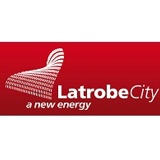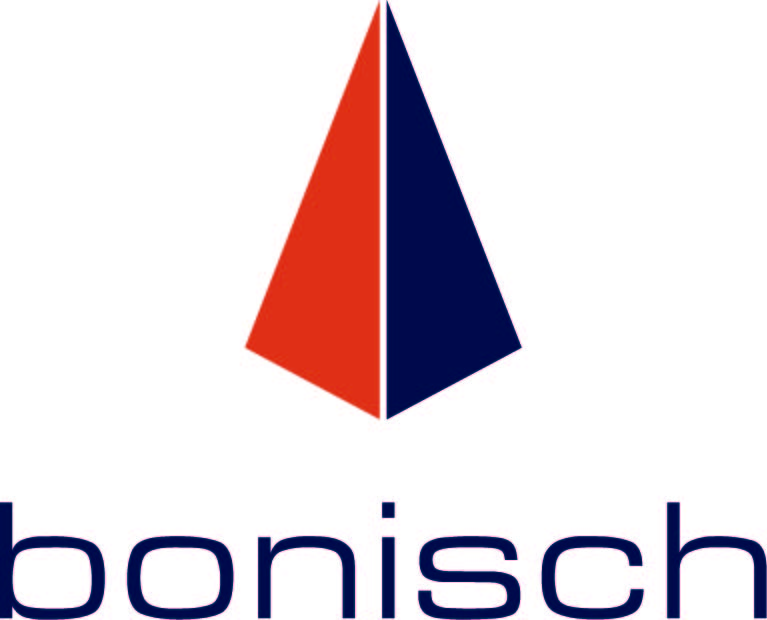Information
-
Audit Title
-
Document No.
-
Client / Site
-
Conducted on
-
Prepared by
-
Location
-
Personnel
-
WEATHER
-
SITE CONDITIONS
-
TRAFFIC MANAGEMENT
-
FENCING & O H &S SIGNAGE
1.0 ACTIVITY : SEWER, WATER, DRAINAGE, ELECTRICAL, TELSTRA / NBN.
-
Sewer Sub Contractor Onsite
- None
- Califam
- Pescatore
- Azzona
- Delplant
- Nova West
- Citadel
-
Water Sub Contractor Onsite
- None
- Comdain
- Tunney & Houlihan
- Mooroolbark Exc
- Yarra Valley Exc
- Nova West
-
Drainage Sub Contractor Onsite
- None
- Winslow
- Symon Bros
- Nova West
- Wellams
- Delplant
- Jaydo
- JHM
-
Electrical Sub Contractor Onsite
-
Telstra / NBN Sub Contractor Onsite
1.1 Works - Trenching, Pipelaying, Pits/Manholes, Backfill
-
Sewer Retic Staus
-
Drainage Works Status
-
Water Retic Status
-
Electrical Retic Status
-
Telstra / NBN Status
-
Does the Water Authority sub contractor have a copy of required Management Plans and Codes on site.
-
Is there an accredited pipe layer on site where required.
-
Are trench widths adequate for pipe size/ type
-
Is the bedding material & thickness within tolerance and being compacted correctly
-
Are pipes being installed in accordance with design specification and manufacturers recomendations.
-
Are clearances to other services being maintained as per specification.
-
Does trench backfill material comply with standard drawings and specifications
-
Is mechanical compaction being carried out to specification within the support zone and around MH, MS, IS, Hydrants,Valves and Stormwater Pits.
-
Is compaction testing being carried out but NATA registered tester where required.
-
Has the concrete been placed and vibrated to specification
-
Is the surface finish of pit / manhole walls satisfactory.
-
Are lids / covers as per design and correct rating.
-
Are thrust restraints being installed as per design where required.
1.2 Safety - Trenching, Pipelaying, Pits/Manholes, Backfill
-
Does the contractor have utilities / services plans on site.
-
Is a qualified mine manager on site during all excavations
-
Is ground support suitable for the ground conditions and depth of excavation
-
Are workers provided with a ladder or other means of access and egress where required.
-
Are hats and vests being worn by workers where required
-
Are trenches barricaded and made safe when left open.
-
Is lifting equipment suitable for the works being carried out.
2.0. ACTIVITY : DEMOLITION, STRIPPING, BULK EARTHWORKS, ROAD BOXING, LOT GRADING, TOPSOILING
-
Demolition / Stripping status
-
Bulk Earthworks, Cut / Fill status
-
Road Boxing Status
-
Grading / Topsoiling Status
2.1 Works - Earthworks, Excavation
-
Are truck / scraper routes around site clearly designated and separate from public access areas.
-
Is fill being placed in layers and compacted as per specification.
-
Are compaction tests being conducted to specified Level by NATA registered tester.
2.2 Safety - Earthworks, Excavation
-
Does the contractor have utilities / services plans on site.
-
Does plant and equipment have suitable warning lights and reversing beepers
-
Are personnel in the vicinity of operating plant wearing high vis clothing and helmets where required.
2.3 Environmental - Earthworks, Excavation.
-
Is there provision to minimize dust / mud from leaving the site.
-
Do stockpiles have adequate silt runoff protection.
-
Are environmental No Go areas fenced where required.
-
Are silt traps in place to prevent silt build up in previously installed drainage system.
3.0. ACTIVITY : PAVEMENT
-
Cap rock Status
-
Conduits / AG Status
-
Class 3 FCR Status
-
Class 2 FCR Status
-
Asphalt Works Status
-
Wearing Course Asphalt Status
3.1 Works - Pavement
-
Are conduits and AG drains at correct depth
-
Does trench backfill material comply with standard drawings and specifications
-
Does pavement material comply with plans, standard drawings and specifications.
-
Is compaction equipment adequate to achieve specified results.
-
Is crushed rock being placed in layers and compacted as per specification.
-
Are compaction tests being conducted to specified Level by NATA registered tester.
-
Is the weather suitable for priming or placing asphalt.
3.2 Safety - Pavement
-
Does plant and equipment have suitable warning lights and reversing beepers
-
Are personnel in the vicinity of operating plant wearing high vis clothing and helmets where required.
-
Are asphalt crews employing appropriate protective equipment.
4.0. CONCRETE
-
Kerb and Channel Status
-
Footpath and Crossover Status
-
Pattern Paving Status
-
Endwall / Headwall Status
4.1 Works - Concrete
-
Are weather conditions suitable for placing concrete.
-
Are access routes for trucks clearly defined
-
Is boxing depth and crushed rock bedding as per specification
-
Is form work adequate for the structure being constructed.
-
Is reinforcing as per specification and installed correctly.
-
Are kerb markings for services being installed.
4.2 Safety - Concrete
-
Are concretors wearing appropriate PPE.
-
Does plant and equipment have suitable warning lights and reversing beepers
5.0. ACTIVITY : ROCKWORK / MISCELLANEOUS
-
Rock Wall Status
-
Rock Endwall / Headwall Status
-
Rock Beaching Status
-
Porphrey Stone Paving Status
5.1 Works - Rockwork, Miscellaneous
-
Are rocks suitable for intended purpose and of appropriate size/ grading.
-
Are rocks sitting on concrete cushions over pipe ends
-
Are rocks being placed to specification and grouted as required.
-
Is reinforcing being installed as per specification.
5.2 Safety - Rockwork, Miscellaneous
-
Are contractors wearing appropriate PPE.
-
Are personnel in the vicinity of operating plant wearing high vis clothing and helmets where required.
-
Does plant and equipment have suitable warning lights and reversing beepers
COMMENTS / PROGRESS / INSTRUCTIONS.
-
PHOTOS













